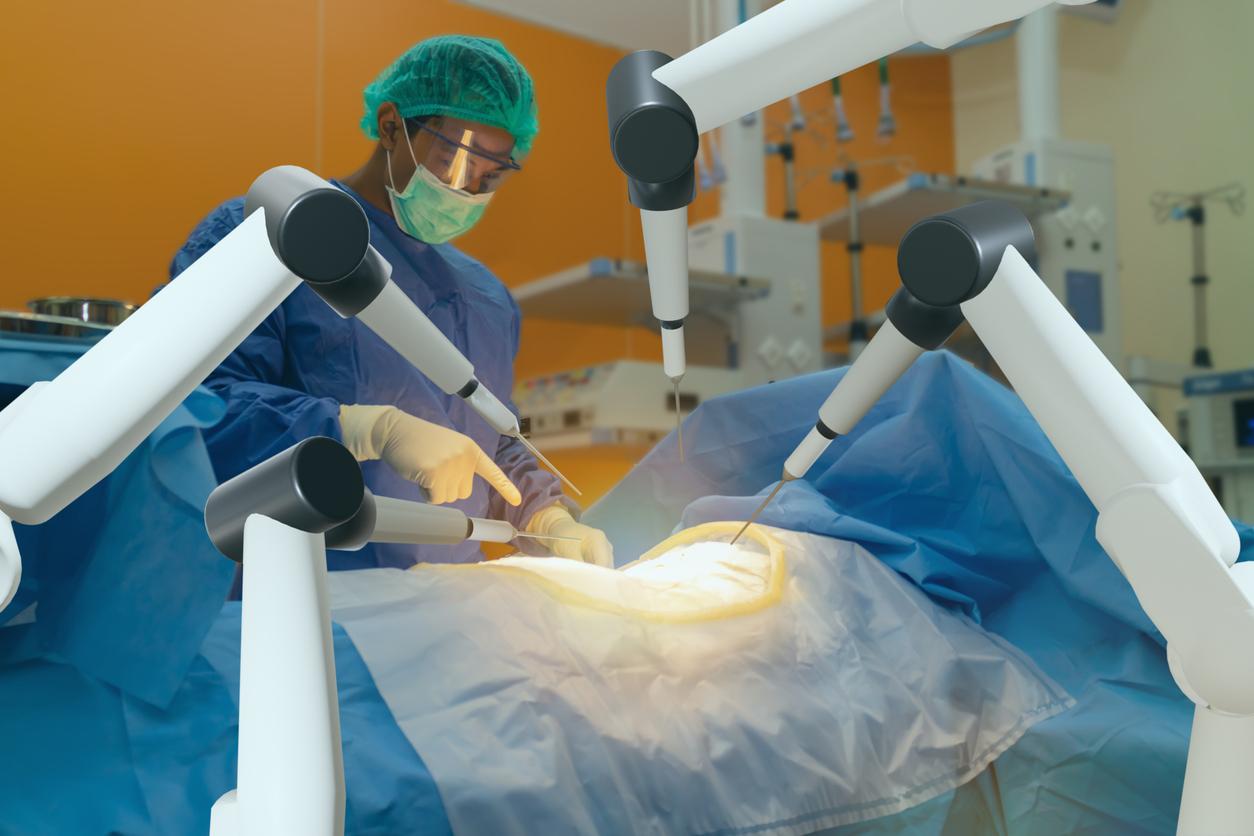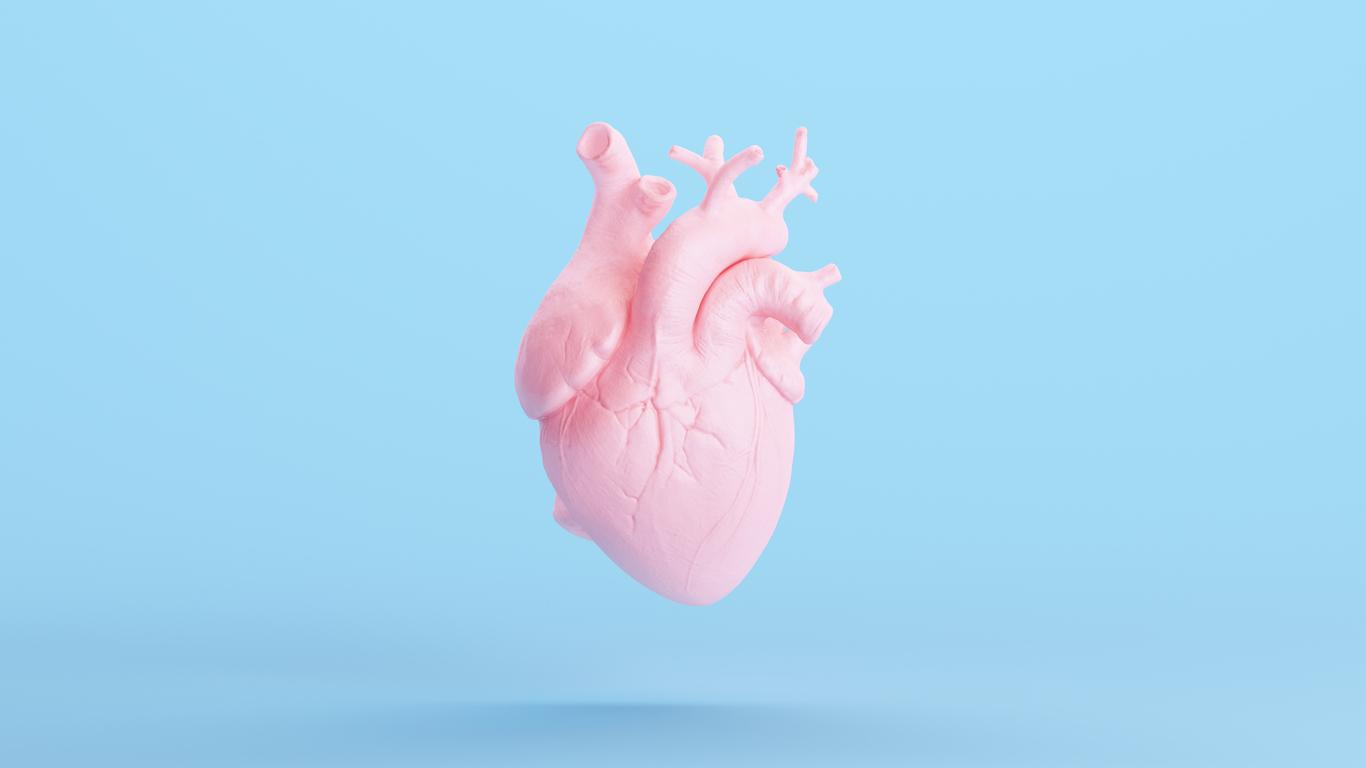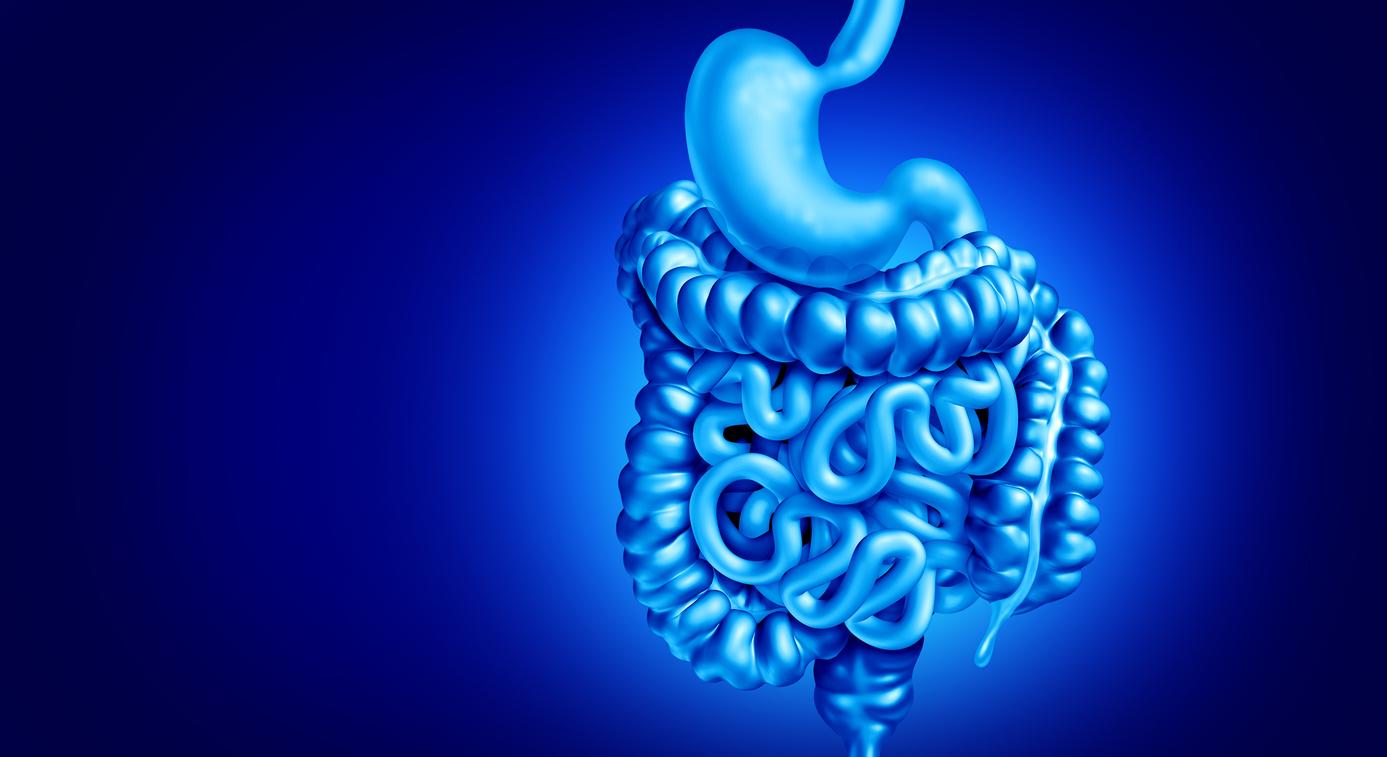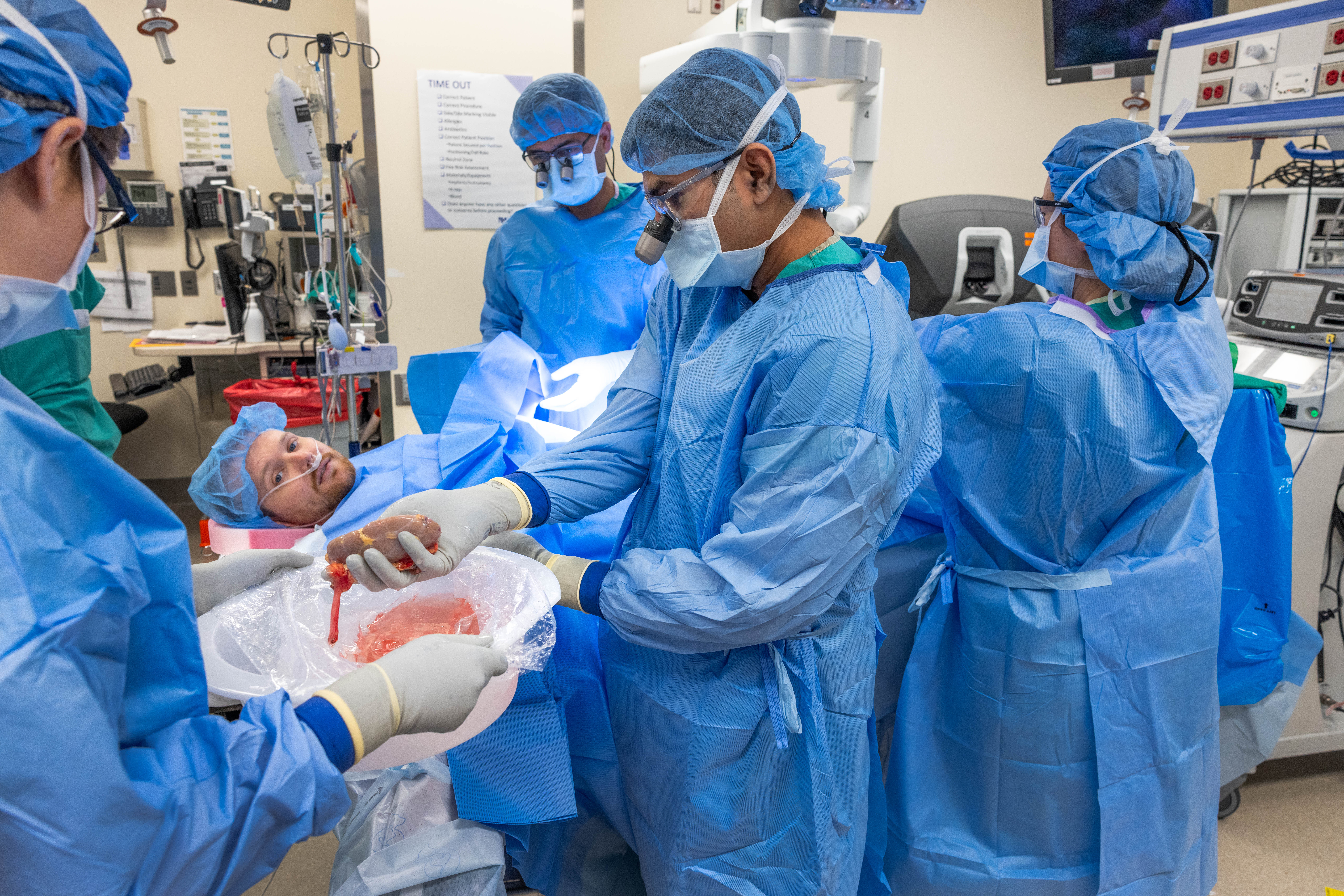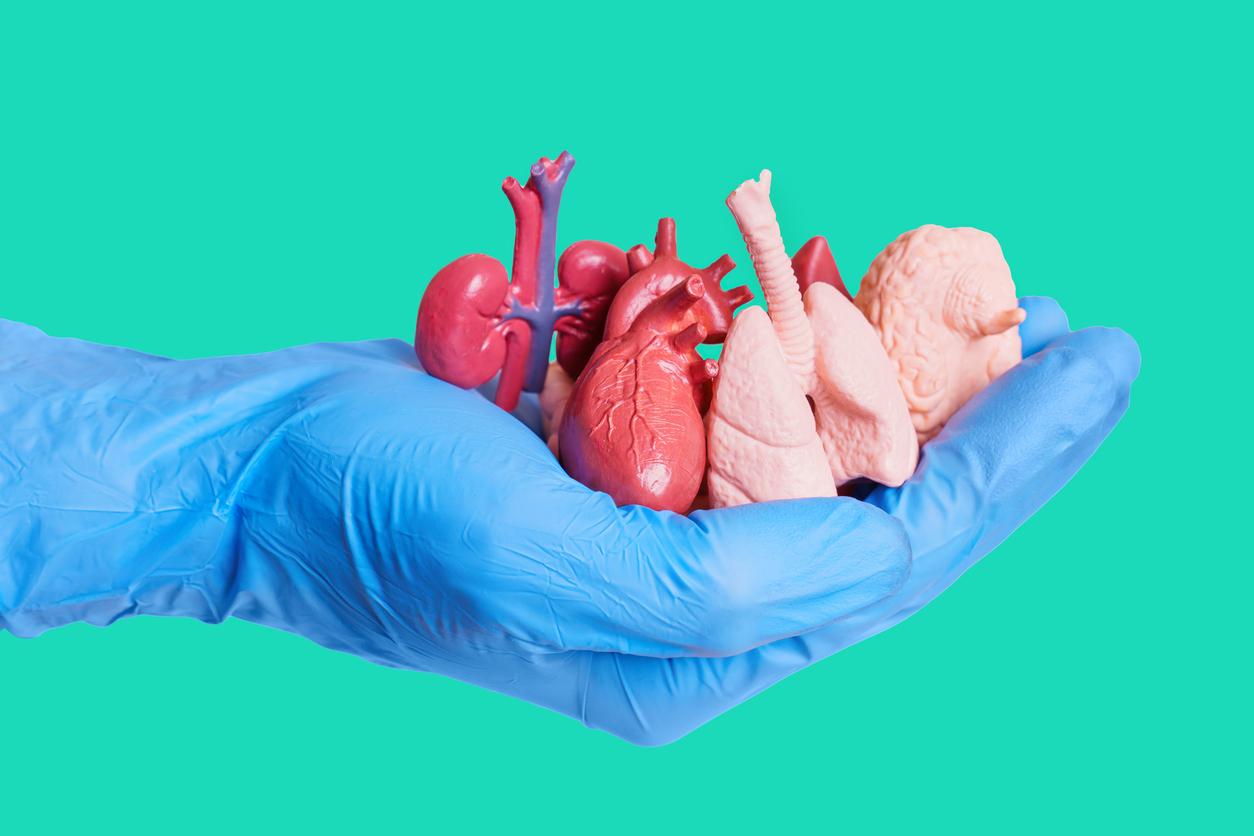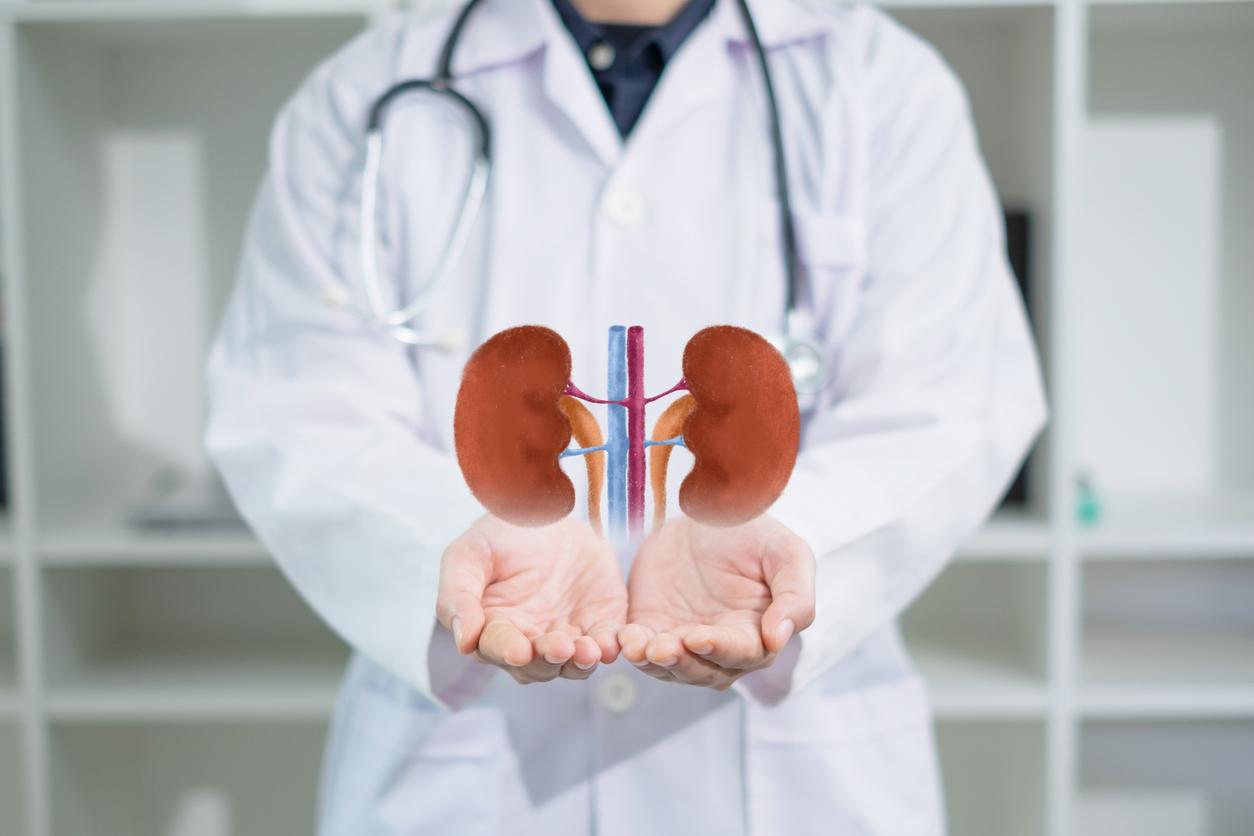The organ transplant activity continues to grow in France. Last year, 5,891 organs were transplanted, an increase of 2.5% from 2015.
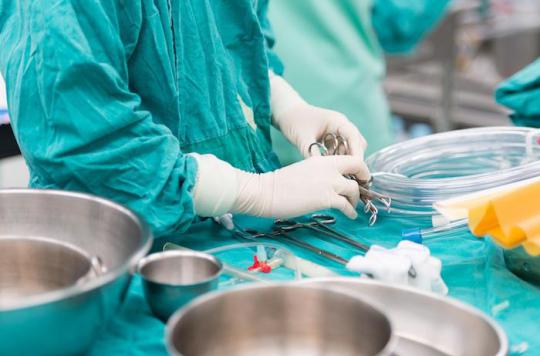
Organ donation continues to progress in France in 2016, according to preliminary figures unveiled on Monday, March 20 by the Biomedicine Agency. Last year, 5,891 transplants were performed, ie 152 more operations than in 2015. The target of 5,700 annual transplants has therefore been exceeded. “This has been possible in particular thanks to the generosity of donors, the daily mobilization of specially trained hospital teams and the support of associations”, welcomes the Biomedicine Agency.
Over the past 5 years, transplant activity has increased by 17%. Growth enabled by the development of living donation and transplantation from donors who died of cardiac arrest after limitation or cessation of care (Maastricht III protocol).
New sources of grafts
Indeed, this diversification of the sources of samples makes it possible to transplant a greater number of patients. Thus in 2016, out of more than 3,600 kidney transplants, 576 were performed from living donors, against 547 in 2015. The only downside: liver transplants from living donors are decreasing. Five transplants were performed last year compared to 15 the previous year.
In addition, the Biomedicine Agency indicates that the collection within the framework of Maastricht III, initiated in 2014, enabled 114 transplants in 2016. “To date, 10 hospitals are authorized to carry out this type of collection in France”, specifies the agency.
A still high refusal rate
Still, the vast majority of donors are patients declared to be brain dead. In 2016, 3,676 deceased people were considered potential donors, but only 1,770 were removed. A stable proportion of donors over the years, in particular due to the family refusal rate which has also been stable for several years and which has reached over 33%. To reduce this opposition, the law of presumed consent has recently been strengthened and new modalities for expressing its refusal have been put in place.
Despite the increase in the number of grafts, the waiting list continues to grow. In 2016, 22,617 patients were awaiting an organ. “The transplant no longer only saves lives, it stands out as a major therapeutic asset that offers patients and their families a new quality of life,” said the Biomedicine Agency.
Find the program L’invité santé with Anne Courrèges
Director of the Biomedicine Agency
broadcast on June 16, 2016
.







